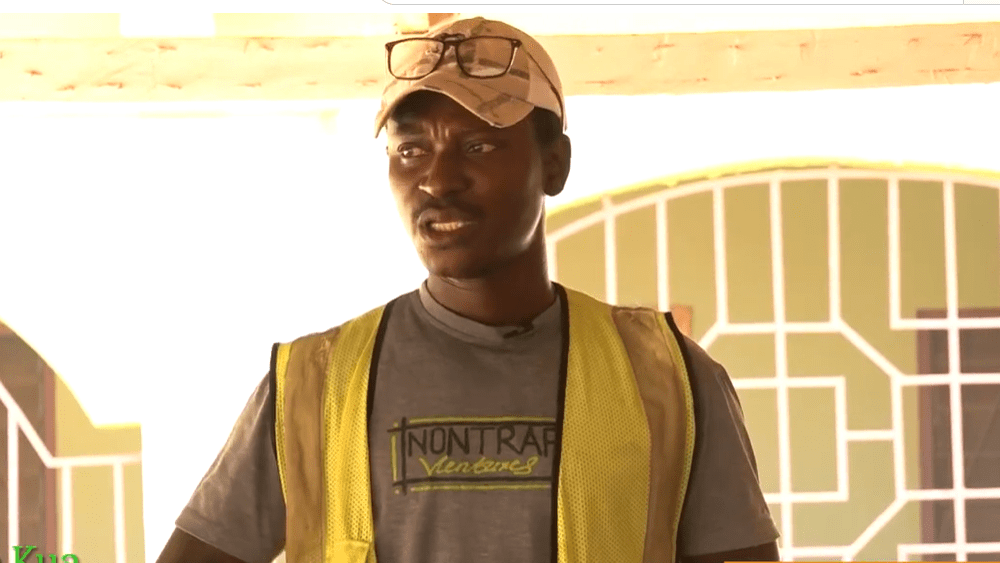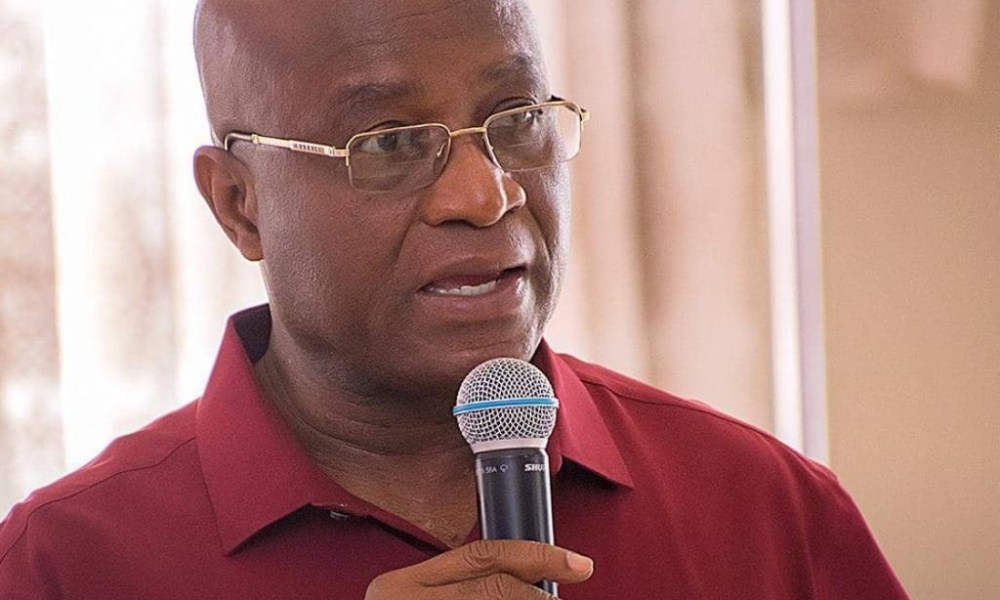Afum Collins, a former Ghanaian science teacher, has shared his inspiring transition from teaching to agriculture, recounting his journey during an interview on Ghana Agric TV, a platform affiliated with Oyerepa TV on YouTube.
His story underscores the untapped potential of agriculture as a viable career path, particularly for Ghana’s youth.
Afum left the chalkboard behind to establish Nontrap Ventures, a farming initiative that represents “Non-Traditional Agricultural Production.”
This venture is not limited to a single farming activity; it integrates multiple facets of agriculture, including snail farming, beekeeping, catfish farming, mushroom cultivation, and grasscutter rearing. Speaking passionately about his approach, Afum explained:
“Agriculture isn’t just about planting and harvesting—it’s a dynamic and holistic business model that guarantees year-round income.”
Afum’s decision to venture into farming followed a period of self-reflection during his national service. Despite excelling as an educator, he recognized a growing passion for agriculture and the economic opportunities it presents.
Starting with snail farming, he gradually expanded his operations to include other ventures, motivated by the sector’s potential to transform lives.
The educator-turned-entrepreneur challenges the age-old stereotype that farming is a fallback option for the less accomplished. Instead, he sees it as a pathway to financial independence and a critical driver of economic growth in Ghana.
His business model demonstrates that agriculture is not just labor-intensive but also innovative, offering sustainable and profitable outcomes.
Afum’s journey also highlights a broader call to action for Ghana’s youth. Platforms like Ghana Agric TV amplify voices like his, emphasizing that agriculture is not merely a tool for survival but an avenue for wealth creation. He reflects:
“Many people underestimate agriculture, but the reality is it holds immense potential. It’s not just a job—it’s a way of life and a vehicle for economic transformation.”



